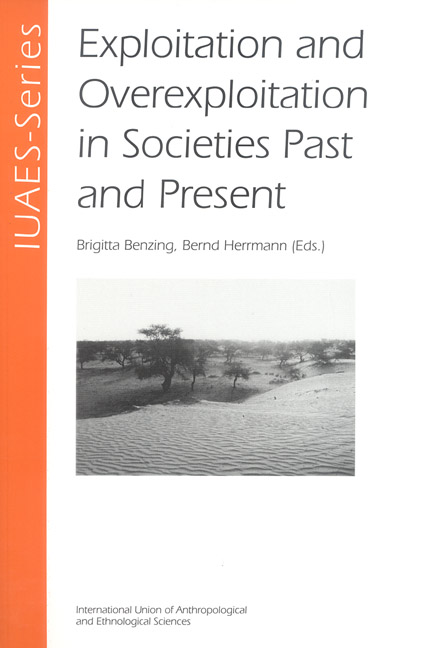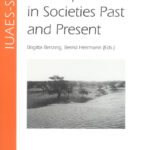Beschreibung
Human impact on landscape can be conceptualised in terms of
socially governed ecological systems. In the past the
adaptive capacity of human cultural systems has been
emphasised. Nowadays, a shift can be recognised towards
modified views. Resources are discussed as prerequisites for
establishing complex human societies. This includes also a
more biologically minded view from the standpoint of the
humanities. In such a view, human societal complexes can be
understood as systems that manage energy and matters. The
concept of social-metabolic regimes has developed in such a
context. Cultures, as seen within this paradigm, are not
undestood merely as autopoietic symbolic entities but as
results of an interaction of material prerequisites and
emerging social structures. One might dismiss this as an
epistemiological shift, part of the play of science with
itself. But it remains unsolved so far in terms of
evolutionary theory if the ultimate goal of evolution is
reproductive sucess or accessibility to and optimising of
energy resources. It becomes increasingly evident that
man-nature-relationships which are strongly expressed in
exploitation strategies will turn into the most decisive
issue for the forthcoming century.
Brigitta Benzing is Professor for
Anthropology at the Georg August University of Göttingen.
Bernd Herrmann is Professor for Historical Anthropology and
Human-Ecology at the Institute for Zoology und Anthropology
at the Georg August University of Goettingen.
Prof. Dr. Brigitta Benzing teaches
Anthropology at the University of Göttingen.
Prof. Dr. Bernd Herrmann teaches Historical
Anthropology and
Human-Ecology at the University of Göttingen.


